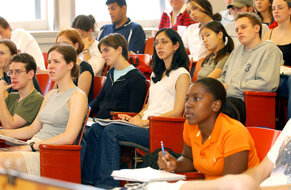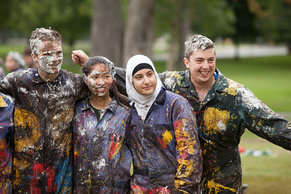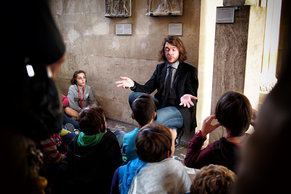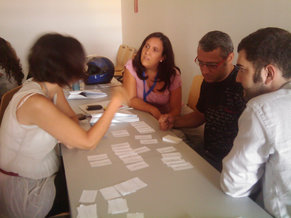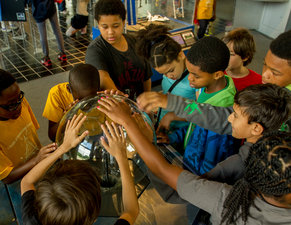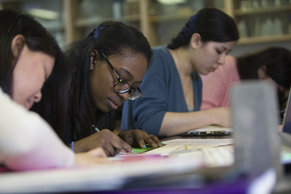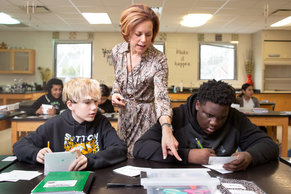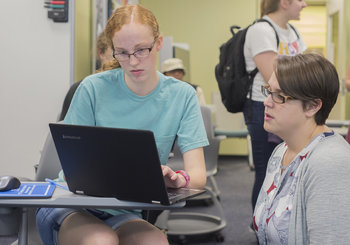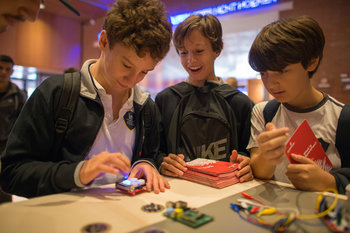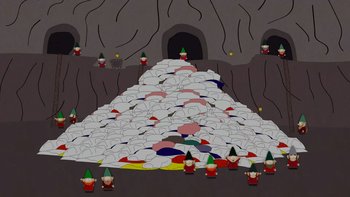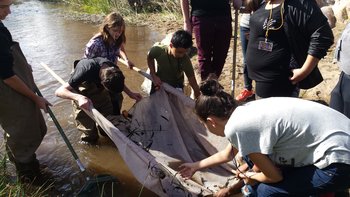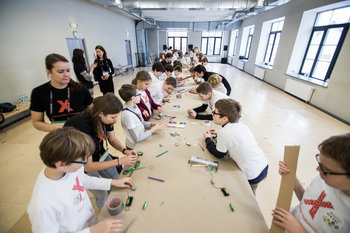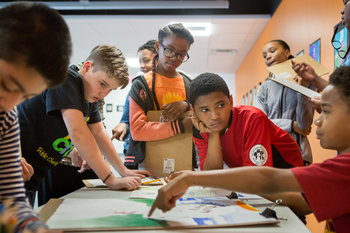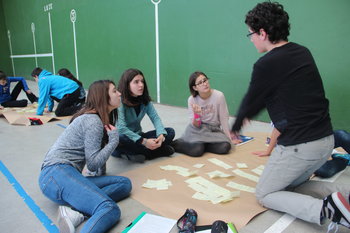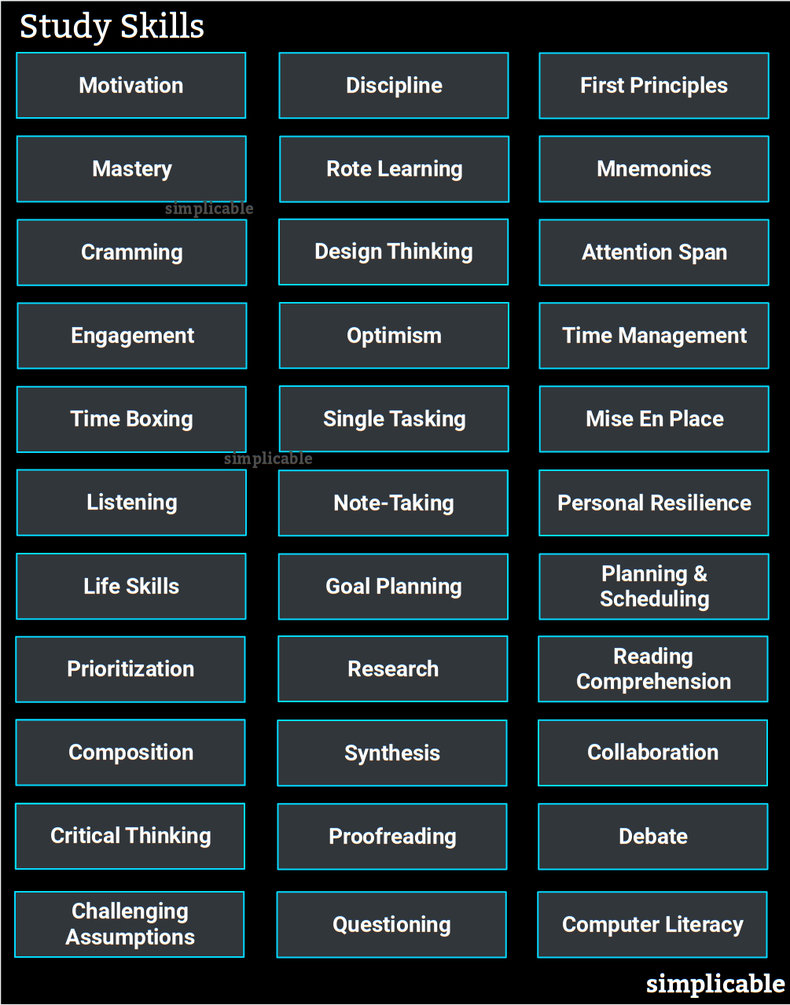
Motivation
Motivation is your drive to do things. Studying may require focus and sacrifice such that an ability to create and sustain motivation is helpful.Discipline
Discipline is the ability to do the right thing even if you're not feeling particularly motivated. In most cases, talented students don't feel motivated to study so much as they have the discipline to study anyway.First Principles
A first principle is a concept with broad explanatory power. The identification and learning of first principles is an important element of studying.Mastery
Mastery is the process of understanding one thing well before you move on to the next thing. This is a good way to learn as missing a fundamental concept can cause a great deal of confusion as you progress to more advanced work.Rote Learning
Rote learning is a process of repetition that is used to memorize information. For example, using flashcards to memorize the meaning of terms.Mnemonics
A mnemonic is a trick that you use to remember something. For example, an acronym that you create to remember a list of concepts.Cramming
Cramming is the process of quickly jamming as many facts into your head as possible, often without fully absorbing the materials. Encouraged by the testing methods of many schools that request that students regurgitate information.Design Thinking
Design thinking is the process of using design to solve non-design problems. For example, redesigning your notes to better understand a set of concepts.Attention Span
Attention span is the amount of time that an individual can focus.Engagement
Engaging in classwork by actively communicating with your teachers and peers tends to improve your results. For example, asking questions and socializing with other students in your class can help you to better absorb material. The opposite of engagement is being socially and mentally disconnected from the class such as daydreaming that you are somewhere else.Optimism
Optimism is the habit of viewing things and people in a positive light. This can be surprisingly motivating and useful to productivity. For example, a student who views a subject as thrilling and important may do better than a student who views the subject as boring and pointless.Time Management
Time management is the practice of using time well. This includes a large number of techniques that mostly come down to prioritizing and increasing your productivity per hour of work.Time Boxing
Setting aside time for focused study and not exceeding this time in order to sustain your efforts. For example, a student who strictly stops studying at night so that they can get a full night's sleep before a test as opposed to a student that stays up late to cram.Single Tasking
Removing all distractions from your study environment to completely focus on studies.Mise En Place
Mise en place is the much touted practice of organizing your workspace in order to improve productivity. This tends to be a personality thing where some students are more productive in an organized study environment and others thrive with a messy desk.Listening
Listening with intent to understand.Note-Taking
Note-taking increases your engagement and absorption of information in class. In many cases, notes become an important study tool. In order to improve note-taking, capture as much information as possible including examples and carefully highlight anything that seems important. A skilled note-taker will try to read the teacher or lecturer to find hints of what information they view as critical.Personal Resilience
The ability to handle stress such as periods of intensive study and tests without a decline in your motivation, productivity and general state of mind.Life Skills
Basic life skills such as eating well, sleeping, maintaining your health, exercising and cultivating social relationships are conductive to studying.Goal Planning
Establishing goals for your studies.Planning & Scheduling
Planning your time so that you don't become overwhelmed. Generally speaking, studying early and often in a controlled fashion is better than a more panicked and reactive approach whereby you are struggling to complete things as they become due.Prioritization
Time is limited and students will often have to prioritize such that important assignments or learning receive sufficient attention. This can mean that non-priority work is skipped or done very quickly.Research
Research is the process of discovering and validating information.Reading Comprehension
Reading comprehension is the degree to which you understand what you are reading. This can be improved with practice and focus. It also helps to read with intent to understand.Composition
The ability to compose essays and other written works. This allows you to demonstrate what you have learned.Synthesis
The ability to create using what you have learned. For example, the ability to make a paper airplane that goes a good distance after learning about the physics of lift, drag and gravity.Collaboration
The ability to work with others on group work. Social skills such as influencing are useful in this context.Critical Thinking
The ability to develop an informed opinion and defend it.Proofreading
The process of refining your written work to improve its quality.Debate
A talent for arguing a position.Challenging Assumptions
The process of challenging materials and the ideas of your teachers and peers. Some schools encourage students to do this while others demand strict adherence to the authority of the teacher, materials and ideology of the school.Questioning
The process of asking relevant questions to discover knowledge and challenge ideas.Computer Literacy
The skills and knowledge required to use the requisite tools of your education.| Overview: Study Skills | ||
Type | ||
Definition | ||
Related Concepts | ||

